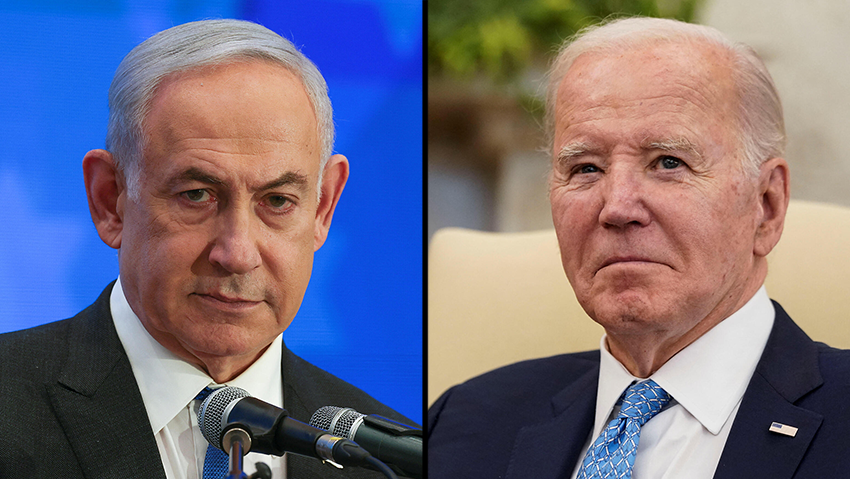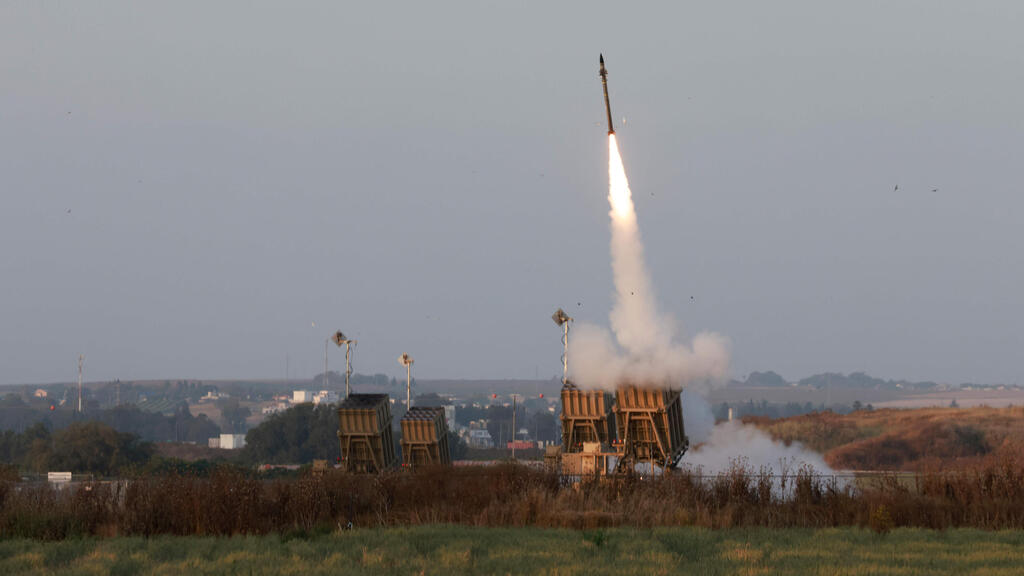Could American aid to Israel be affected in the coming years if tensions between the American and Israeli governments escalate against the backdrop of the Gaza war? For now, the assistance is expected to continue, but economic officials fear damage as early as 2025.
In the Israel-America Chamber of Commerce, concerns arise that some of the aid, which can still be converted into NIS, will only be obligated for the production and purchase of American products, rather than allowing use for Israeli purchases, a trend that has grown in recent years.
American economic aid to Israel has been pivotal for years, supporting the country's economy. Without grants and loans from the U.S., Israel would have struggled significantly to manage its economy and budget over the years. In recent decades, the U.S. has provided Israel with billions of dollars, both through direct financial transfers and funding military and civilian assistance.
A deep rift between the U.S. and Israel could indeed lead to difficulties in transferring American aid and have significant implications for Israel's economy and livelihood.
Just a few days ago, after a two-month delay and amidst the dispute between President Joe Biden and Prime Minister Benjamin Netanyahu, the U.S. Congress approved a temporary budget for the U.S., including the aid package for Israel. This package encompasses funds for missile defense, joint operations in fighter jet integration, and covert operational activities. The value of the aid to Israel will amount to $3.3 billion.
The approved aid falls under the Memorandum of Understanding between the U.S. and Israel dating back to 2016, which established the framework for U.S. security assistance to Israel.
This assistance package includes joint missile defense efforts worth $500 million, covering the development and production of Iron Dome, David's Sling, and Arrow missiles. Additionally, $87.5 million will be allocated for joint efforts in fighter jet integration, a completely new field, as well as for detecting tunnels used by terrorist organizations surrounding Israel.
Due to the war imposed on Israel on October 7, the Biden administration decided to provide Israel with a one-time high amount of around $14 billion, increased two months ago to $17.6 billion. The Appropriations Committee of the Republican-controlled House previously approved the special aid of $14.3 billion, but Israel has yet to receive the special assistance.
The CEO of the Israel-America Chamber of Commerce, Eddo Ros, told Ynet that in the past, about a quarter of the aid given to Israel towards the end of Obama's presidency could be converted to NIS, allowing it to be spent on purchasing military products and services produced in Israel.
However, in the extensive ten-year aid plan, Israeli security assistance is gradually becoming entirely spendable only in the U.S. in dollars.
The implication is that companies manufacturing security products in Israel that previously benefited from this aid will either cease to benefit from it or will have to establish production in the U.S. to continue enjoying it. According to Ros, "2025 will be the last year in which a small portion of the aid can still be spent in NIS."



